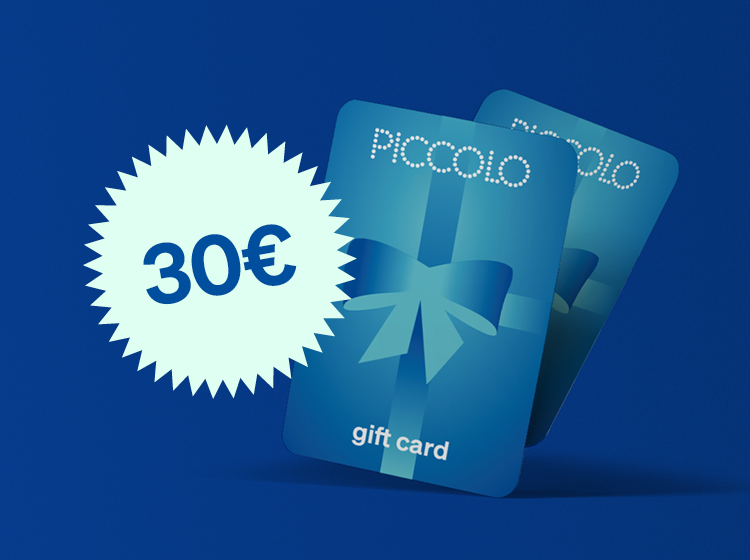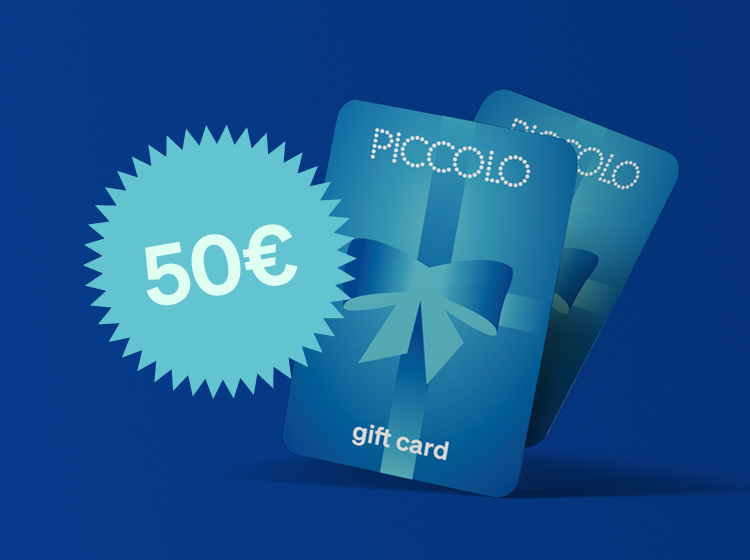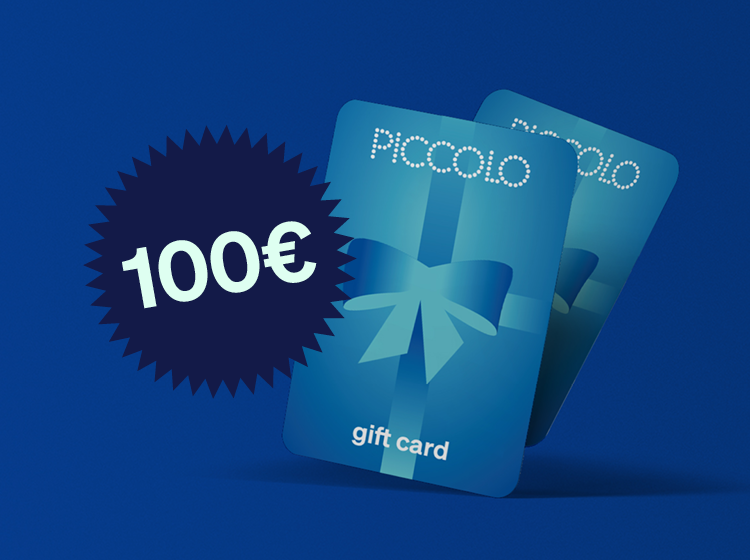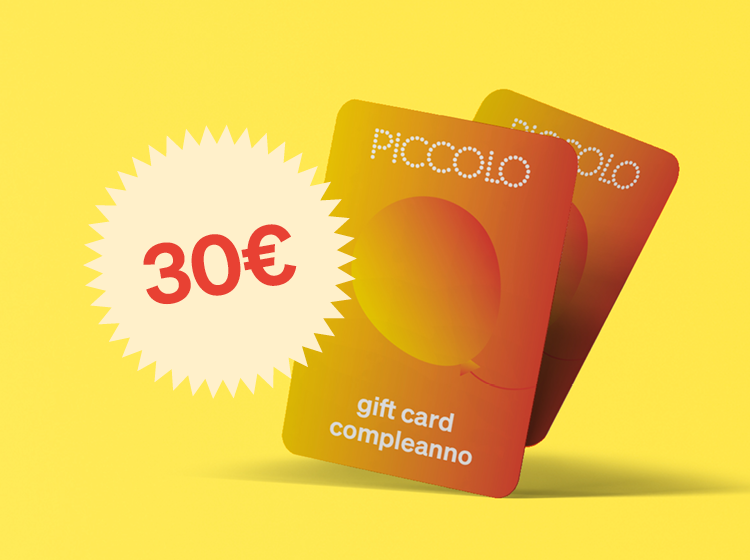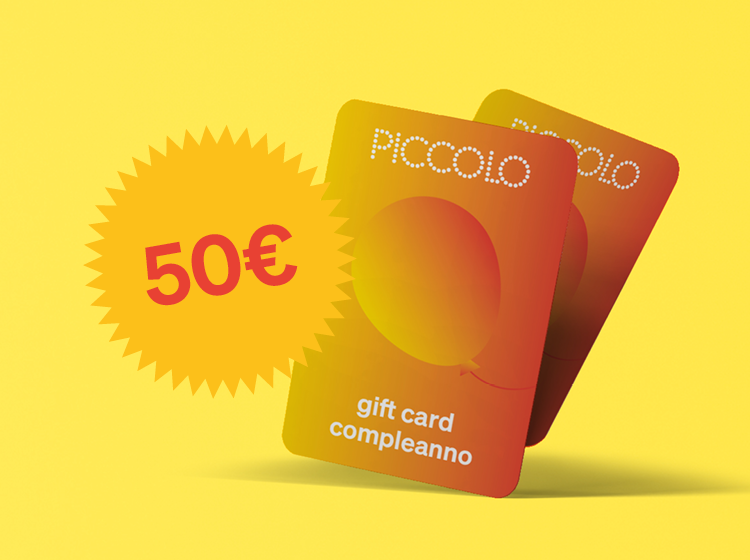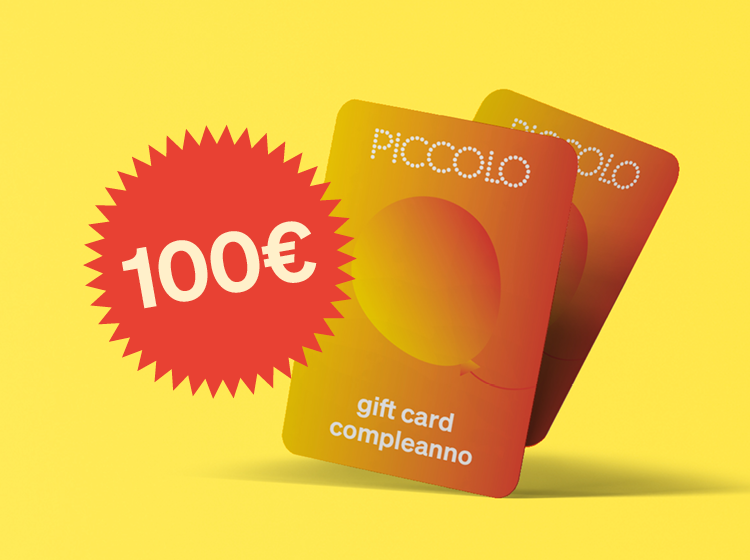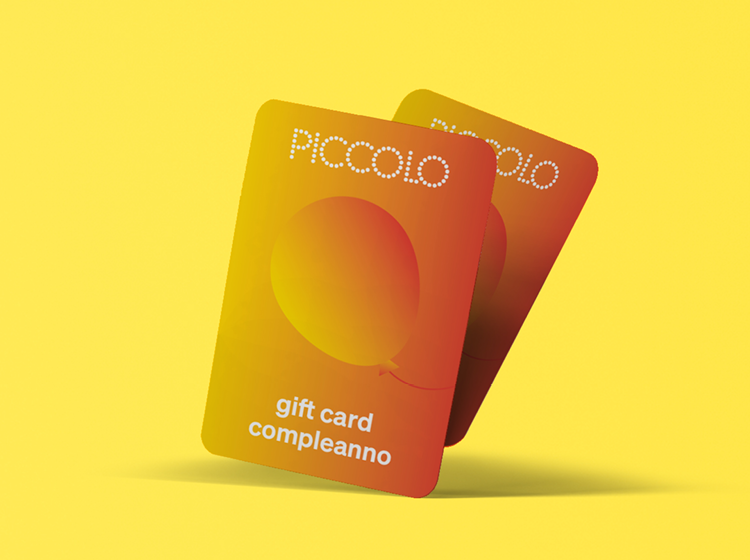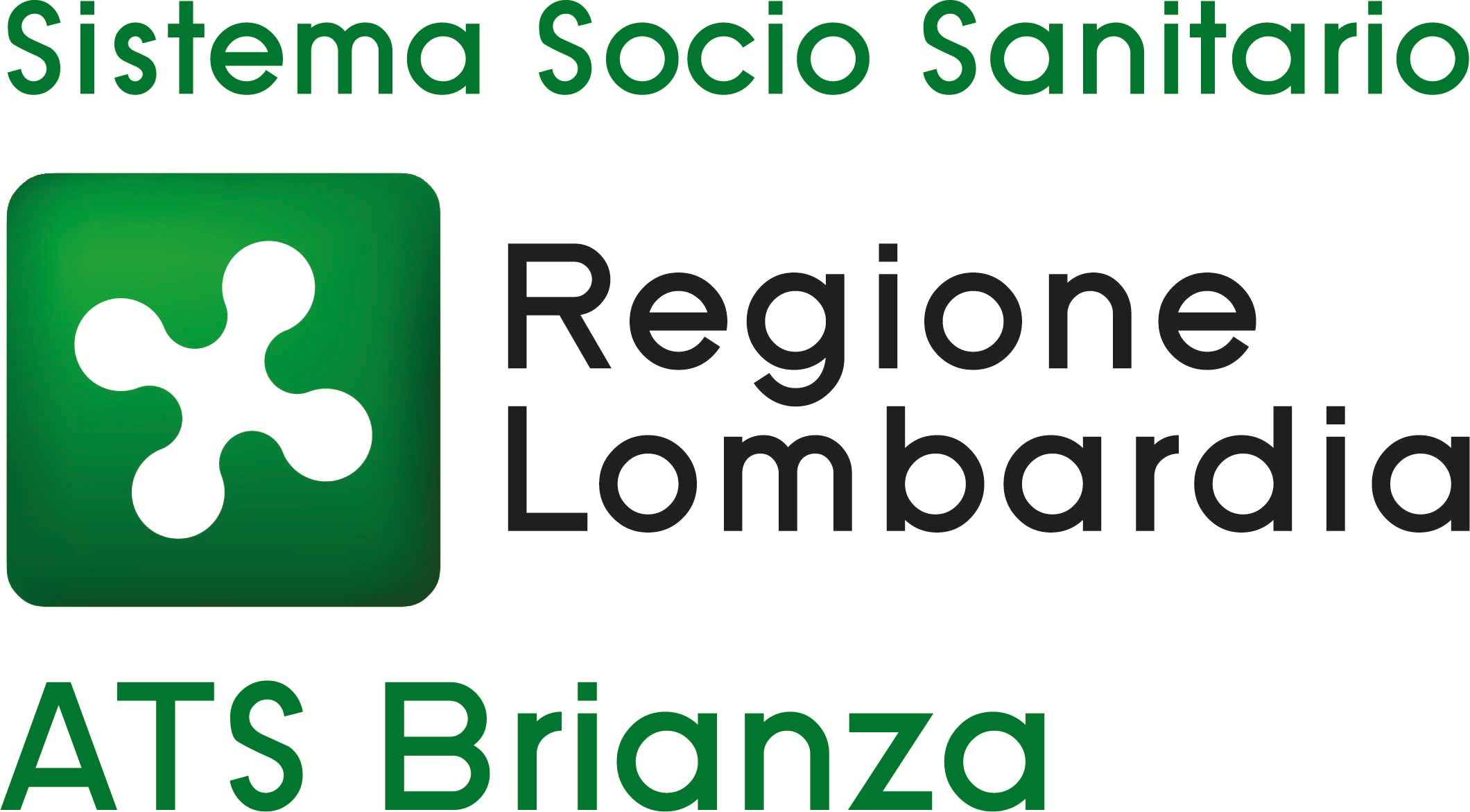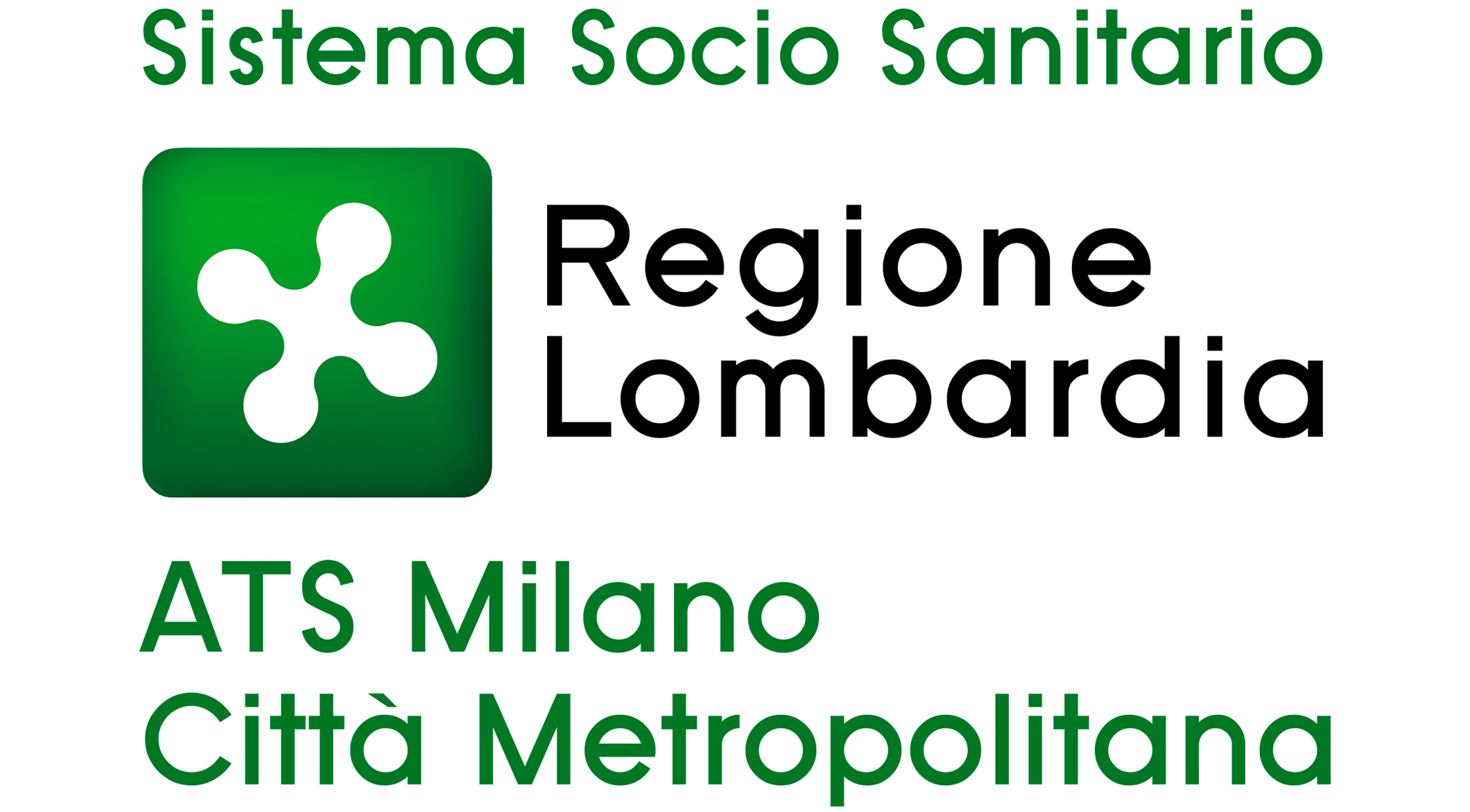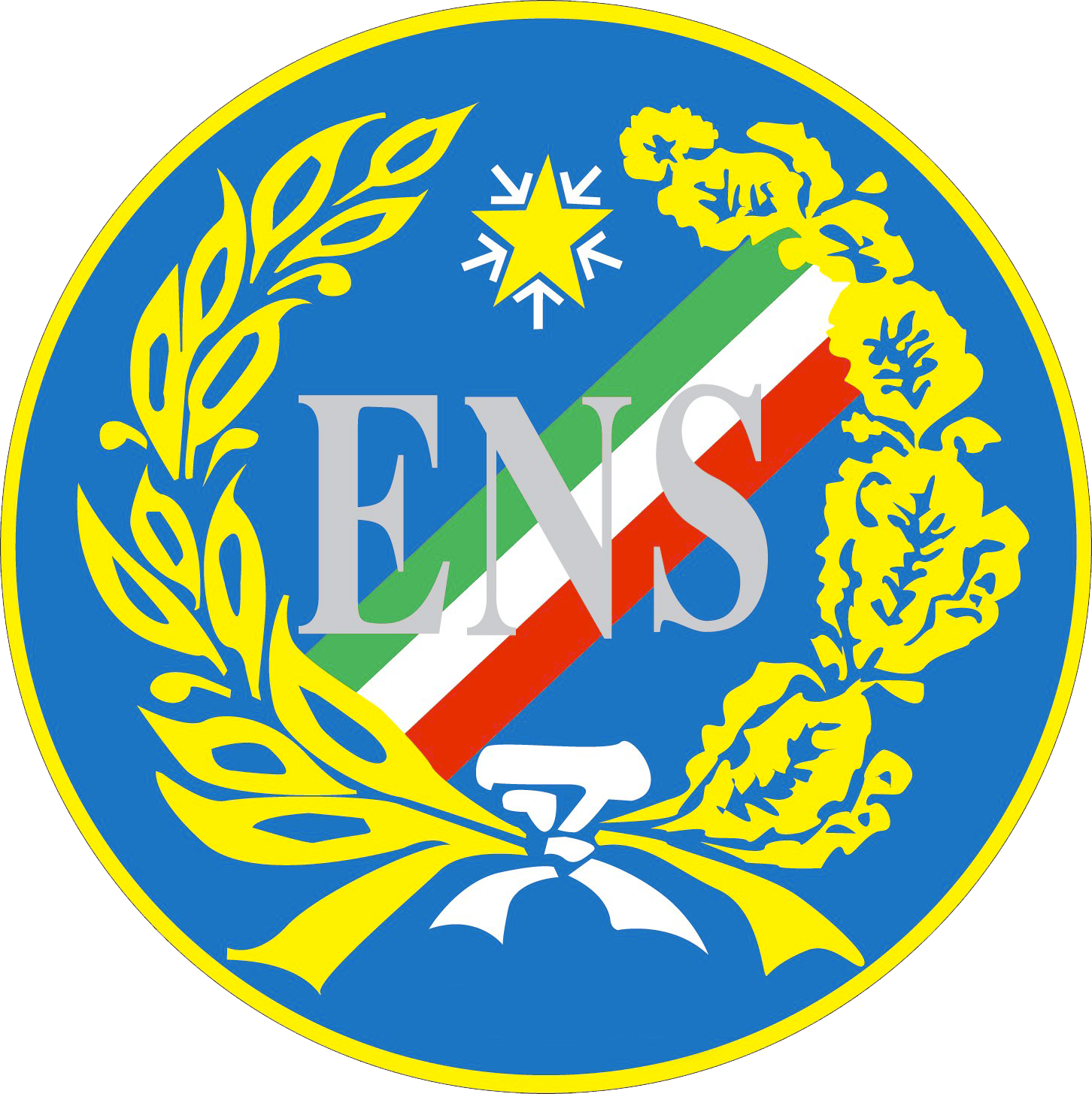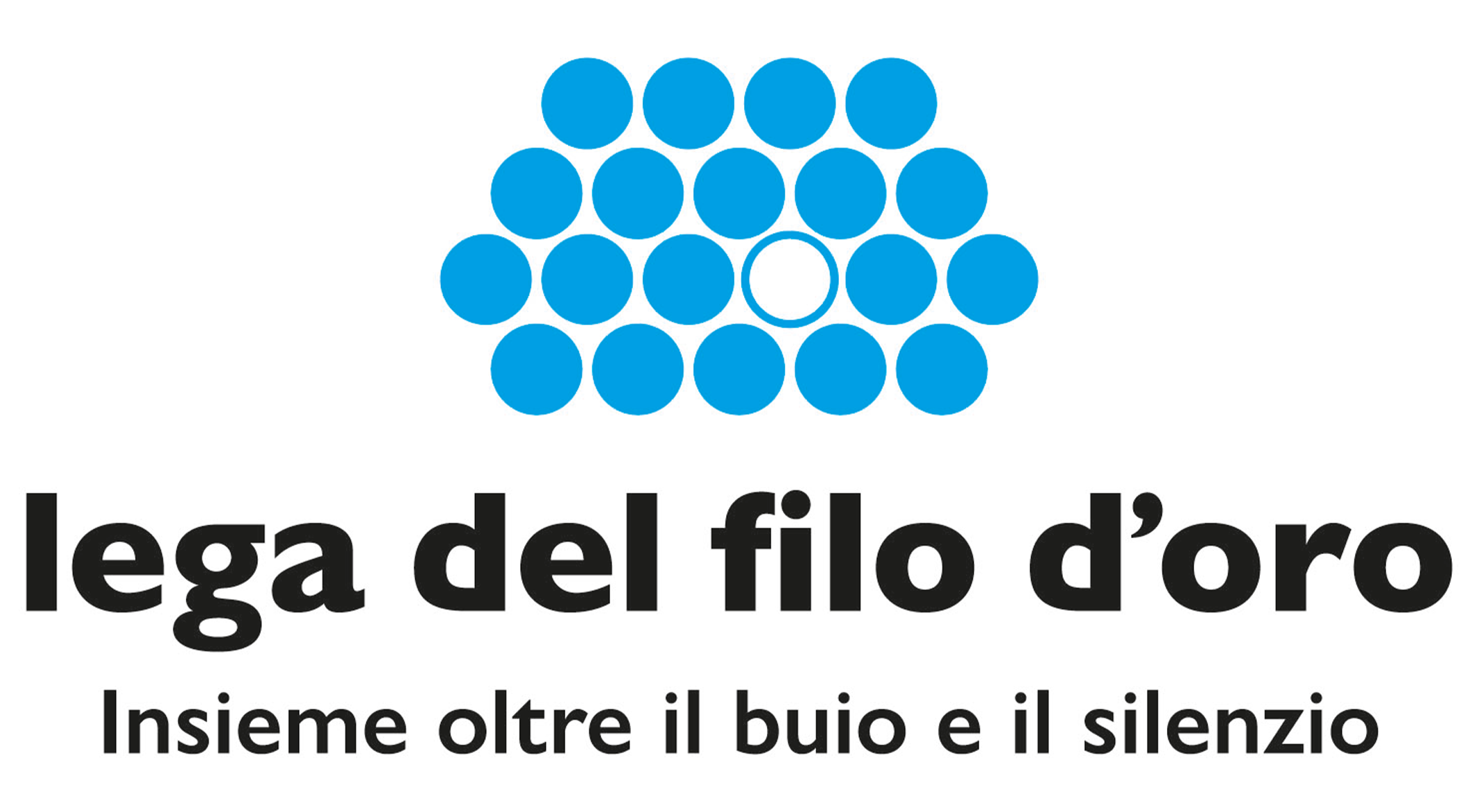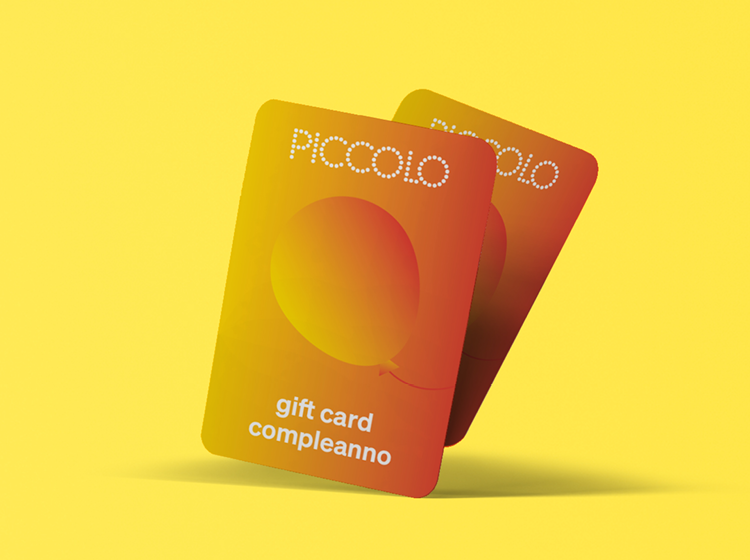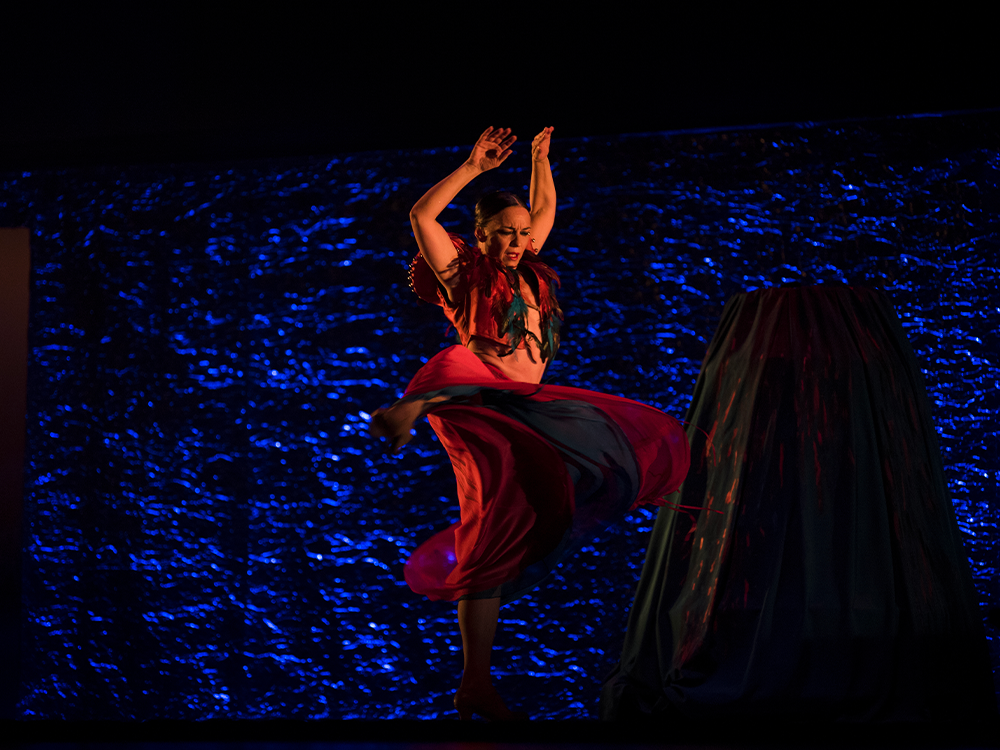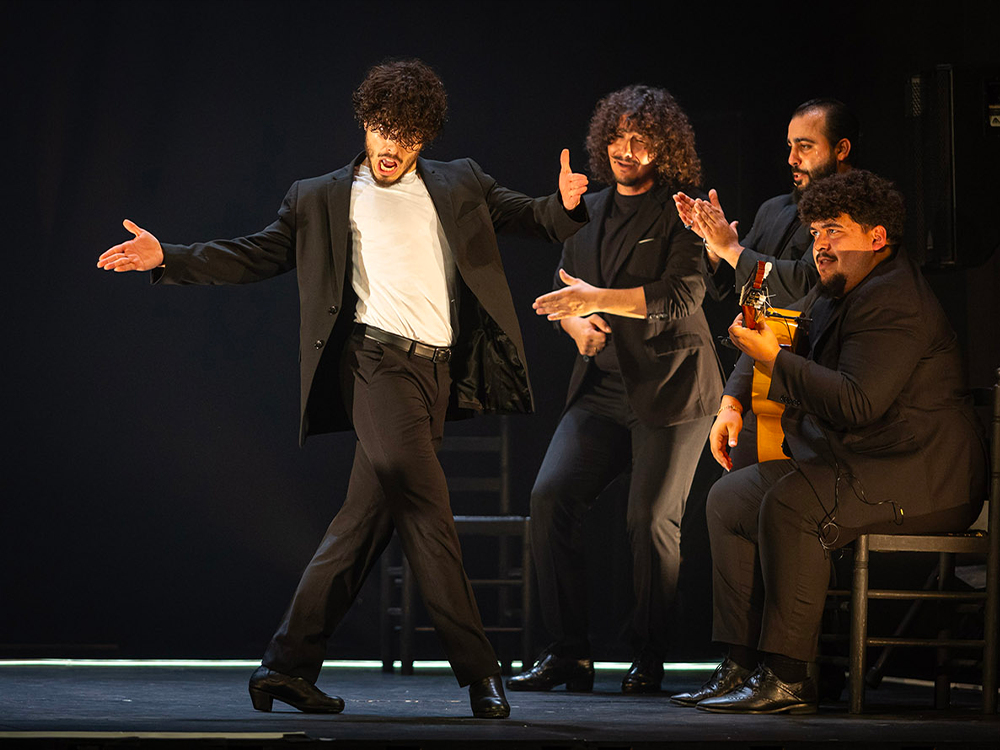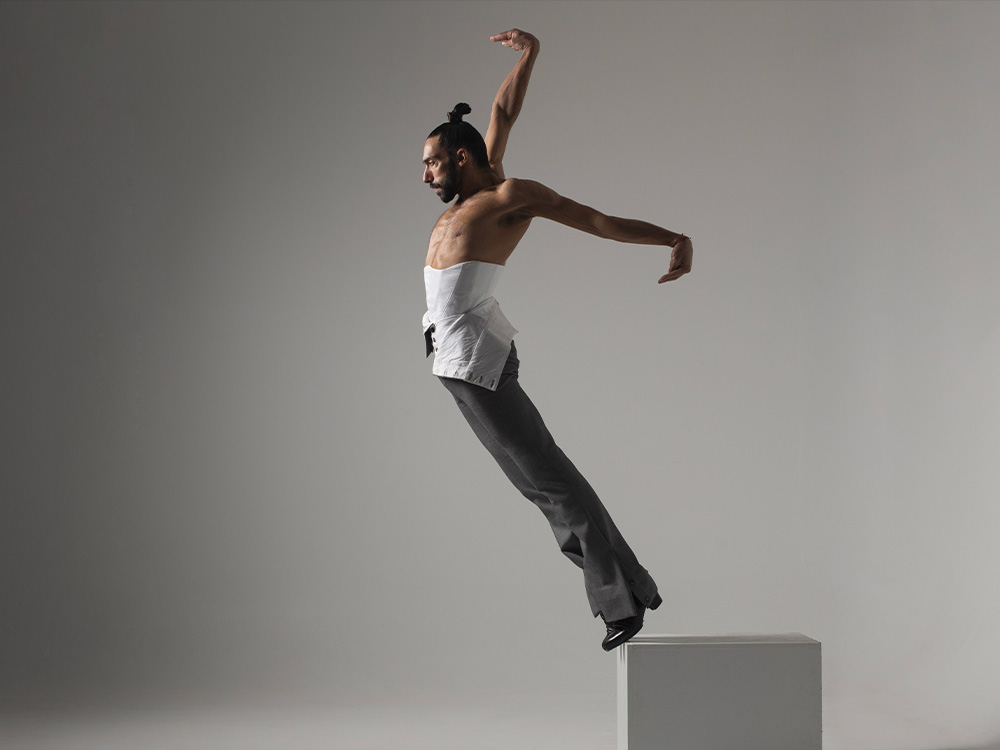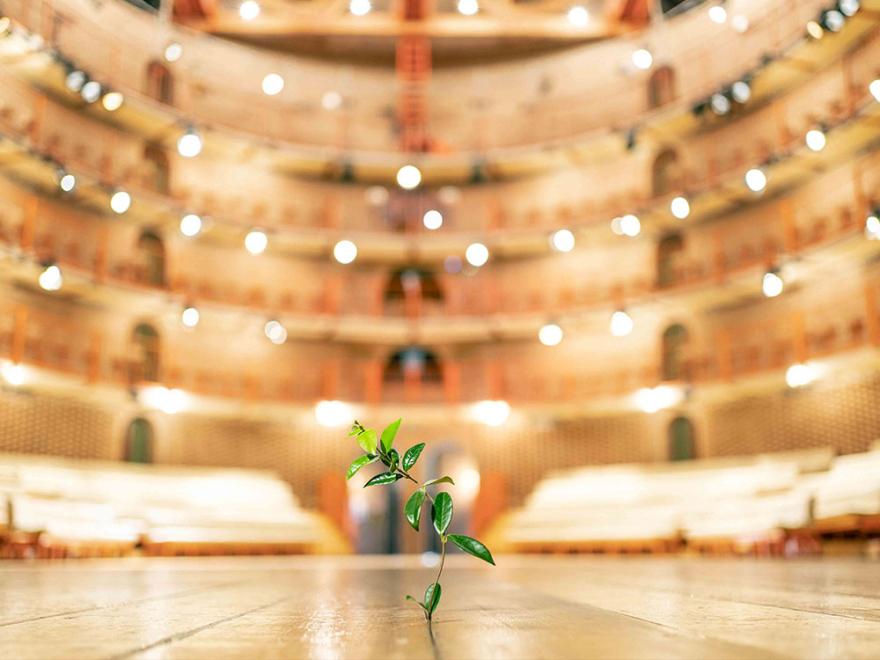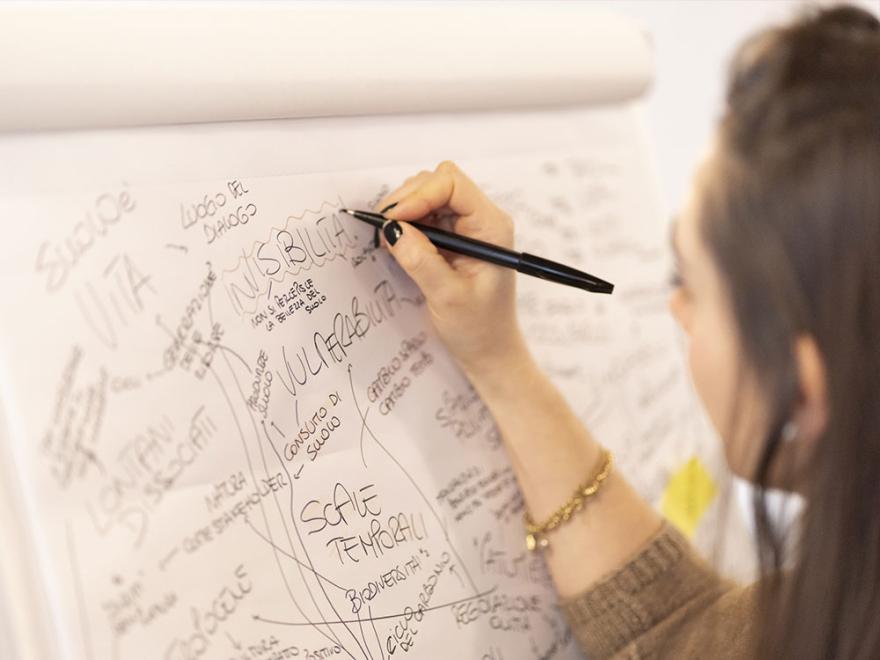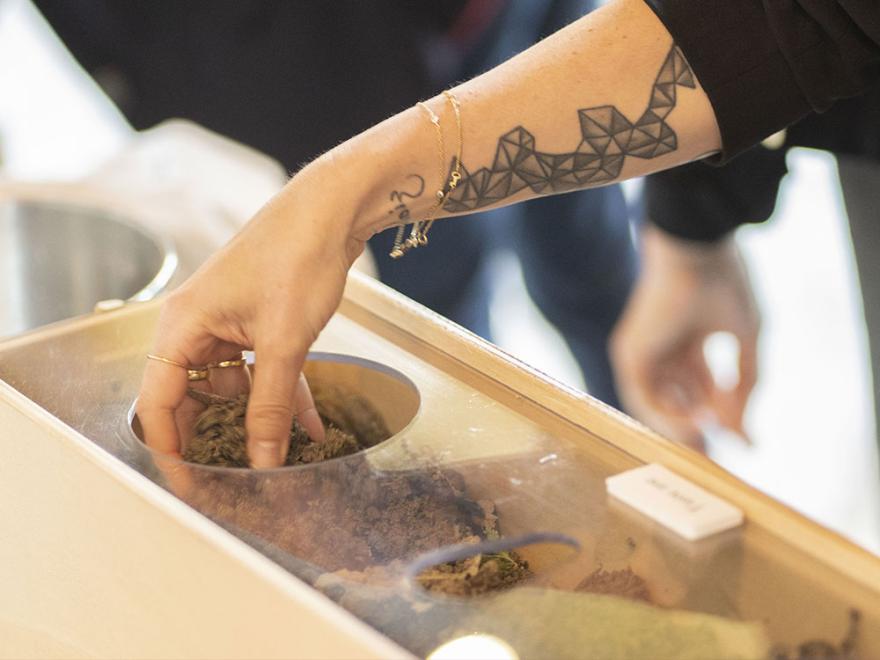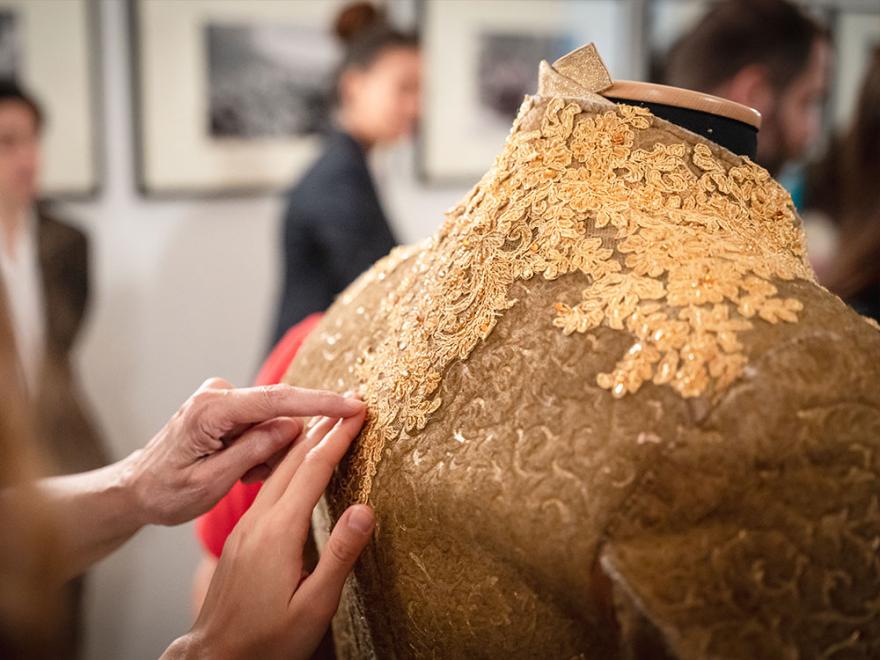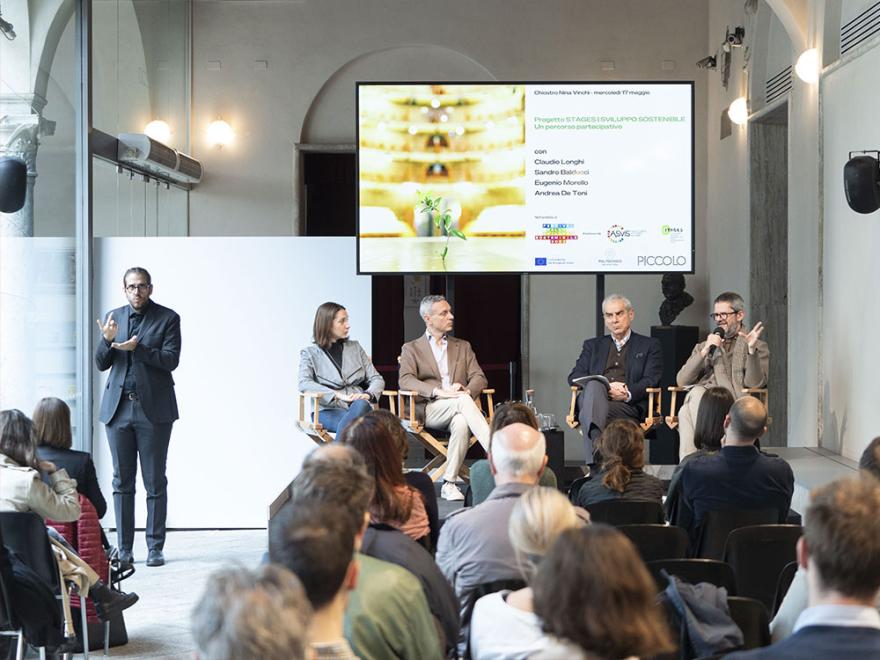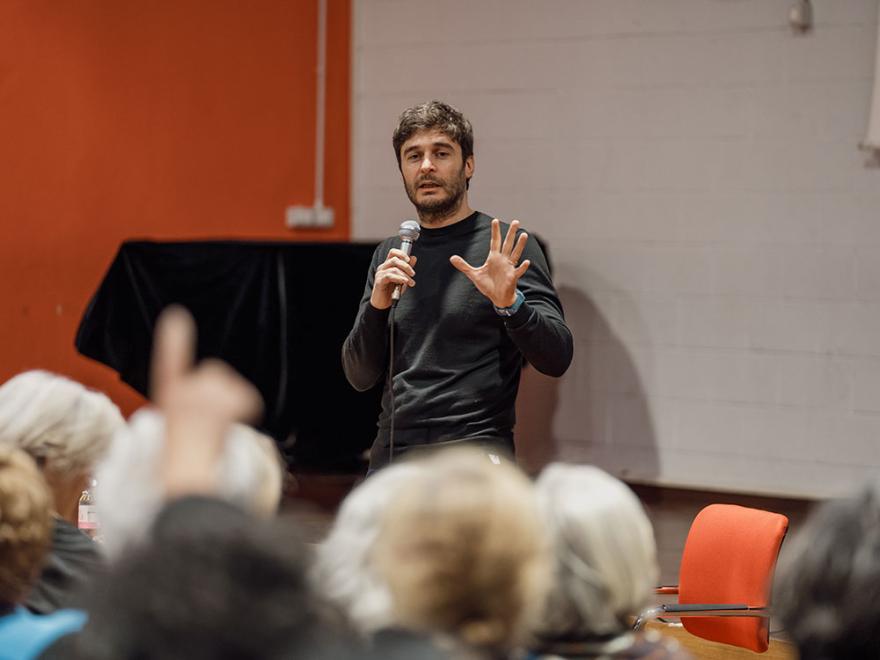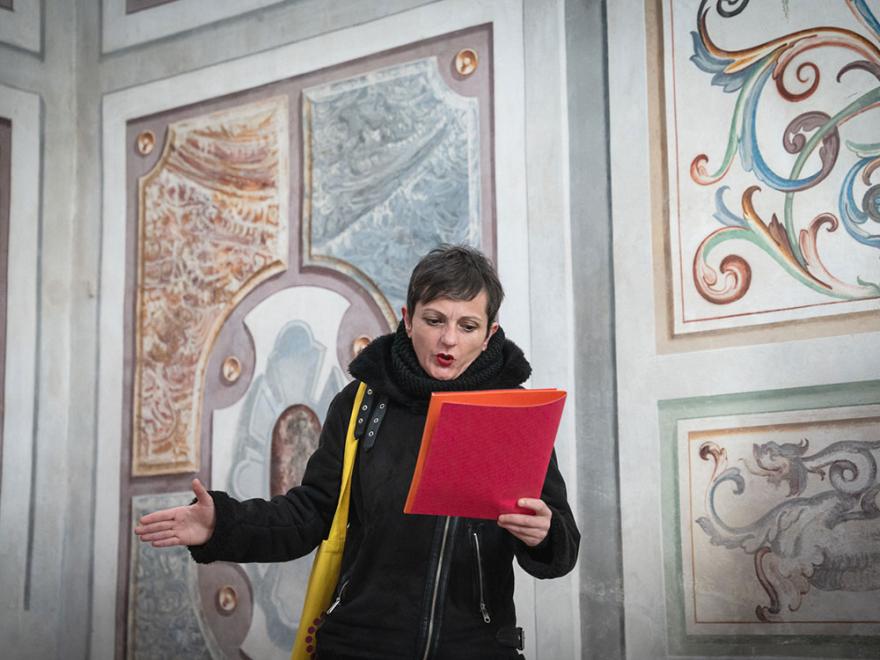Indagine Milano is the backbone of the IMMERSIONI Festival 2025.
An artistic mapping of the city with a specific focus on 4 of its less central neighborhoods, a true immersion in contact with people and their stories, with the aim of returning 4 performative studies that will compose a heterogeneous and multifaceted look at contemporary Milan.
After the editions of 2022, 2023 and 2024 – which saw the selected artists working with communities in the neighborhoods of Baggio, Calvairate, Niguarda, Lorenteggio/ Giambellino, Quarto Oggiaro, Lambrate, Chinatown, Affori, Stadera, Barona, Chiaravalle and Santa Giulia – in 2025 we will continue the work of artistic mapping of the city by asking candidates to choose one of the neighborhoods among those indicated, territories not yet intercepted by IMMERSIONI in past years.
The goal is to involve citizens and neighborhood communities through a path of coexistence, proximity and open exchange that intercepts the associative fabric, formal and informal social and cultural networks, and proximity institutions and principals (libraries, parishes, theaters, etc...).
THE DISTRICTS: Adriano, Corvetto, Comasina, Villapizzone, San Siro, Bicocca, Gallaratese
The performances, the outcome of the artistic residencies, will be presented in September 2025 at the IMMERSIONI Festival to be held at the Piccolo, a project partner.
Indagine Milano seeks a direct approach with the communities of the city of Milan to bring forth from its analysis materials of contemporary dramaturgy, an expression of our intangible cultural heritage. The intention of the project is for the artist to act as a mediator between the citizens and the artistic process, bringing them closer and putting them in deep connection with each other, so that culture and art become valuable tools for metabolizing and reading contemporaneity.
The path outlined has as its overall goal the development of neighborly relations between the artist community and local communities, promoting the nurturing of social relations and analyzing the relationship between creation, public space and society.
The specific objectives are:
➝ to strengthen the presence of a new generation of artists nationally and internationally;
➝ promote the interweaving/hybridisation of dramaturgical languages: writing, physical action, video and sound;
➝ to solicit the cultural participation of communities, particularly those who are generally excluded from it;
➝ promote a reading of the local areas that is based on listening to needs, critical issues and opportunities so as to “cultivate and grow” more knowledgeable citizens.
IMMERSIONI Festival is promoted by mare culturale urbano in collaboration with Piccolo Teatro di Milano.
Artistic director and project manager – Andrea Capaldi (founder and director of mare culturale urbano)
The project benefits from the participation of a curatorial team, formed by Federica Fracassi, Nicola Russo and Benedetto Sicca, which will have the task of flanking/supporting the work of selected artists and helping the artistic direction in building
a complex and articulated narrative where, while maintaining the specific identity of each of the 4 performance studios, a transversal fil rouge is legible that returns to the viewer and to the people involved a unique and multifaceted artistic overview.
The project also includes the involvement of four professionals in the field of textual, sound, physical and video dramaturgy – Davide Carnevali, Nicola Ratti, Alessio Romano and Riccardo Frati – in the role of “tutor dramaturg/early viewers,” with the function of assisting the artistic direction and curatorial team, so as to encourage a project where there is an important hybridization of artistic and performative languages.
HOW TO PARTECIPATE
To participate in the selection you must send an email to indagine.milano@maremilano.org, no later than 11:59 p.m. on March 27, 2025 specifying in the subject line: call Indagine Milano 2025*.
DOWNLOAD THE CALL
The email indagine.milano@maremilano.org is also active from March 3 to 27, 2025 to request information and clarifications related to the call.

